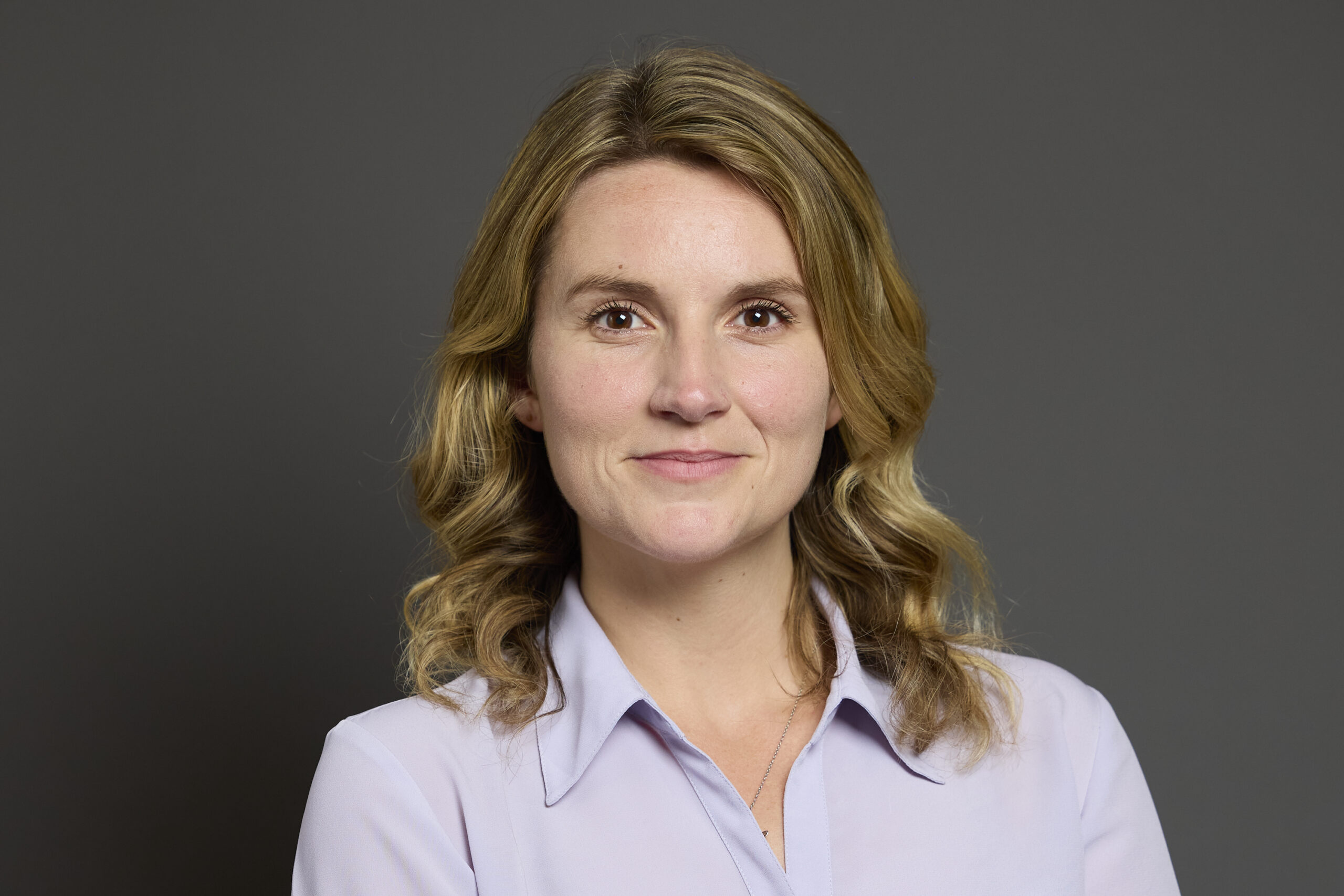When Wes Streeting promised to create the “healthiest generation ever,” it was a bold, admirable ambition. But ambition alone doesn’t feed babies. Supporting vulnerable parents, in the weeks and months after giving birth, with community support, clear concise information and access to specialised services is vital for infant health.
Being Chair of the All-Party Parliamentary Group for Infant Feeding and my personal experience as a mother has demonstrated the community-based feeding support, which was commonplace when my oldest was born, was all but vapourised by the time I had my youngest 5 years later.
Despite the fact that the majority of mothers in the UK begin their journey intending to breastfeed, the reality is that by six to eight weeks, around 70% of babies are receiving some formula. By six months, only 1% of infants are exclusively breastfed.
This steep drop-off is not due to a lack of will, many mothers who stop breastfeeding early had hoped to continue for longer, but rather a lack of the right support. Issues that arise during breastfeeding can almost always be resolved with timely, expert help from trained health workers, skilled peer supporters, or specialist teams in hospitals, homes or community settings.
However, this support must be embedded in policy if we are to see real change. The latest World Breastfeeding Trends Initiative report makes clear that England lacks a cohesive national policy and strong governance on breastfeeding. In contrast, the devolved nations are taking clear steps forward: Scotland has developed a strategic framework, Wales has had an action plan in place since 2019 and Northern Ireland is in the final stages of drafting its own strategy. Communities cannot be expected to shoulder this responsibility alone. Without robust, well-funded structures backed by national legislation, we are setting mothers and babies up to fail.
Too many families are also currently being let down by the infant formula industry while the government stands by and watches.
Walk into any major supermarket and you’ll likely see infant formula locked behind plastic cases, tagged with security sensors like luxury goods. For those who cannot breastfeed, formula isn’t optional; it’s essential. And yet we live in a country where mothers are treated as potential shoplifters simply for trying to feed their babies.
The government has floundered on its promise, which would have required a sustained and coherent effort to address the vast inequalities in infant feeding and nutrition. While campaigners, charities and parents themselves have tried to push for better access and support, their efforts are being undermined by a market that allows formula companies to exploit new parents at their most vulnerable.
The Competition and Markets Authority (CMA) recently laid bare the extent of this problem. Its investigation revealed how infant formula companies use marketing tactics that deliberately mislead parents into thinking one brand is superior to another, with inflated prices and bold claims on their packaging, despite these products being nutritionally equivalent. Clever packaging and unverified health claims create confusion, all while prices continue to soar.
It’s immoral. And it’s not just happening on supermarket shelves.
The CMA also flagged concerns inside NHS hospitals, where the formula products handed out to new parents can create brand bias from day one, at a moment when a parent is at their most vulnerable. Something as simple as standardised plain label NHS packaging would help eliminate the illusion of medical endorsement and let parents make informed choices based on need, not branding.
The CMA has offered in response clear, workable solutions. These include banning unverifiable health claims, enforcing clearer product labelling and protecting parents in healthcare settings. All of these are aimed at putting babies first.
Now it’s time for Wes Streeting to act. Accept the CMA’s recommendations. Implement them fully. And show that building the “healthiest generation ever” starts with making sure every child, regardless of background, has a fair start in life.
Building the “healthiest generation ever” starts with making sure every child has a fair start in life


